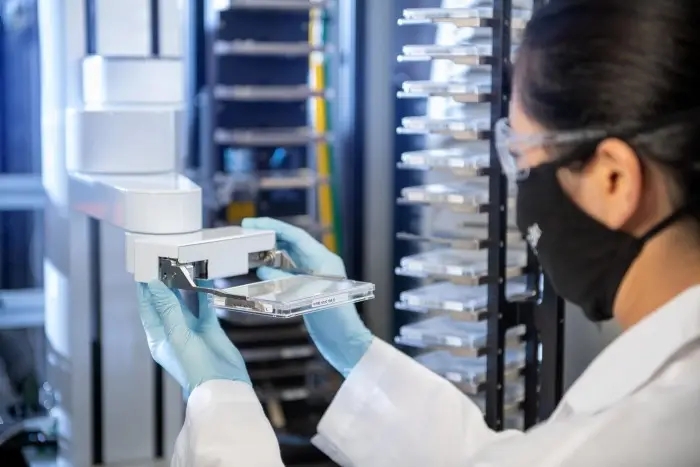
 CONTACT
CONTACT
- Linkman:Linda Yao
- Tel: +8618231198596
- Email:linda.yao@dcpharma.cn
- Linkman:CHARLES.WANG
- Department:Overseas
- Tel: 0086 0311-85537378 0086 0311-85539701
High-Quality ε- Polylysine Hydrochloride for Food
TIME:2024-07-12
ε-Polylysine hydrochloride, as a biological preservative, has significant advantages in the field of food preservation.
ε-Polylysine hydrochloride is a natural microbial metabolic product, composed of lysine residues (an essential amino acid for humans) connected by specific chemical bonds, making it extremely safe. It is non-toxic to humans and can be completely digested and absorbed as a lysine source. Toxicological tests have demonstrated that ε-polylysine hydrochloride is safe and reliable for use as a food additive. The National Health and Family Planning Commission of China also approved it as a new food additive in 2014, further confirming its safety.
ε-Polylysine hydrochloride has significant inhibitory and bactericidal effects on Gram-positive and Gram-negative bacteria, yeasts, molds, and viruses. It is particularly effective against Gram-negative bacteria (such as E. coli and Salmonella) which are not easily inhibited by other natural preservatives. It also inhibits heat-resistant spores, some viruses, and bacteriophages, with minimum inhibitory concentrations for bacteria being relatively low (around 100mg/L). Although higher concentrations are required to inhibit yeasts and molds, it still demonstrates strong bactericidal capabilities.
ε-Polylysine hydrochloride maintains its antibacterial activity even at high temperatures (e.g., 120°C for 20 minutes), making it suitable for food processing that requires heat treatment. Its antibacterial activity is not affected by pH levels, allowing it to function as a preservative in various acidic and alkaline food environments.
ε-Polylysine hydrochloride is highly water-soluble, making it easy to use in food processing. It effectively extends the shelf life of food and can also improve the taste and texture of food to some extent.
As a naturally fermented green amino acid, the production process of ε-polylysine hydrochloride is environmentally friendly and sustainable, meeting the modern food industry's demand for green preservatives.
ε-Polylysine hydrochloride, as a biological preservative, offers significant advantages in the field of food preservation, including high safety, broad-spectrum and strong bactericidal ability, stable physicochemical properties, good application performance, and environmental sustainability. These advantages make ε-polylysine hydrochloride play an important role in ensuring food safety and promoting the development of the food industry.
- Tel:+8618231198596
- Whatsapp:18231198596
- Chat With Skype







